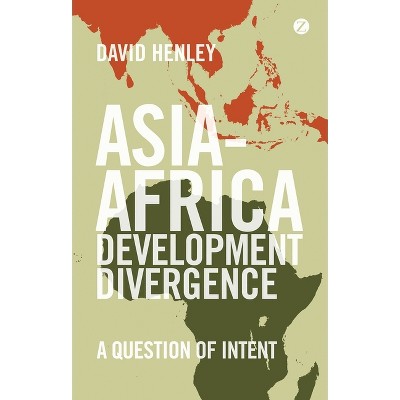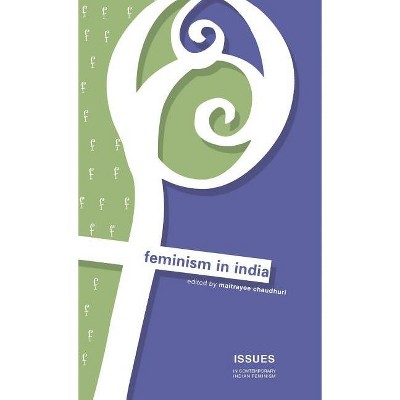About this item
Highlights
- This book, now available in English for the first time, has become a classic since it was first published in 1982.
- About the Author: Manfred Max-Neef is a Chilean-German economist and environmentalist.
- 208 Pages
- Social Science, General
Description
About the Book
Originally published: Uppsala, Sweden: Dag Hammarskjèold Foundation, 1982.Book Synopsis
This book, now available in English for the first time, has become a classic since it was first published in 1982. Translated into five languages, it has had an extraordinary influence on grassroots development projects.
The author relates two of his own experiences in 'barefoot economics', interspersing these moving and insightful accounts with reflections on development projects and experts, pioneering criticism of of orthodox development economics, and a new vision of development in which the poor must learn to circumvent the national economic system.Review Quotes
"This book will have many readers among economists and politicians, as well as among the increasing number of people concerned with development and project design." --Chronicle
"Written with passion, this book also inspires passion in the reader, above all because it views the problem of poverty from a new and more human angle." --Development and Education Exchange Papers "A clear break from the conventional approach to economics." --West Africa "A masterpiece. The three "theoretical interludes" are remarkable for their insight, originality and profundity." --John Papworth, The Fourth WorldAbout the Author
Manfred Max-Neef is a Chilean-German economist and environmentalist. He is professor of ecological economics in the Southern University of Chile, and director of the Economics Institute there. His book Human Scale Development (1991) has been recognized by Cambridge University as one of the fifty most important texts in Sustainability.
Manfred Max-Neef is a Chilean-German economist and environmentalist. He is professor of ecological economics in the Southern University of Chile, and director of the Economics Institute there. His book Human Scale Development (1991) has been recognized by Cambridge University as one of the fifty most important texts in Sustainability.












